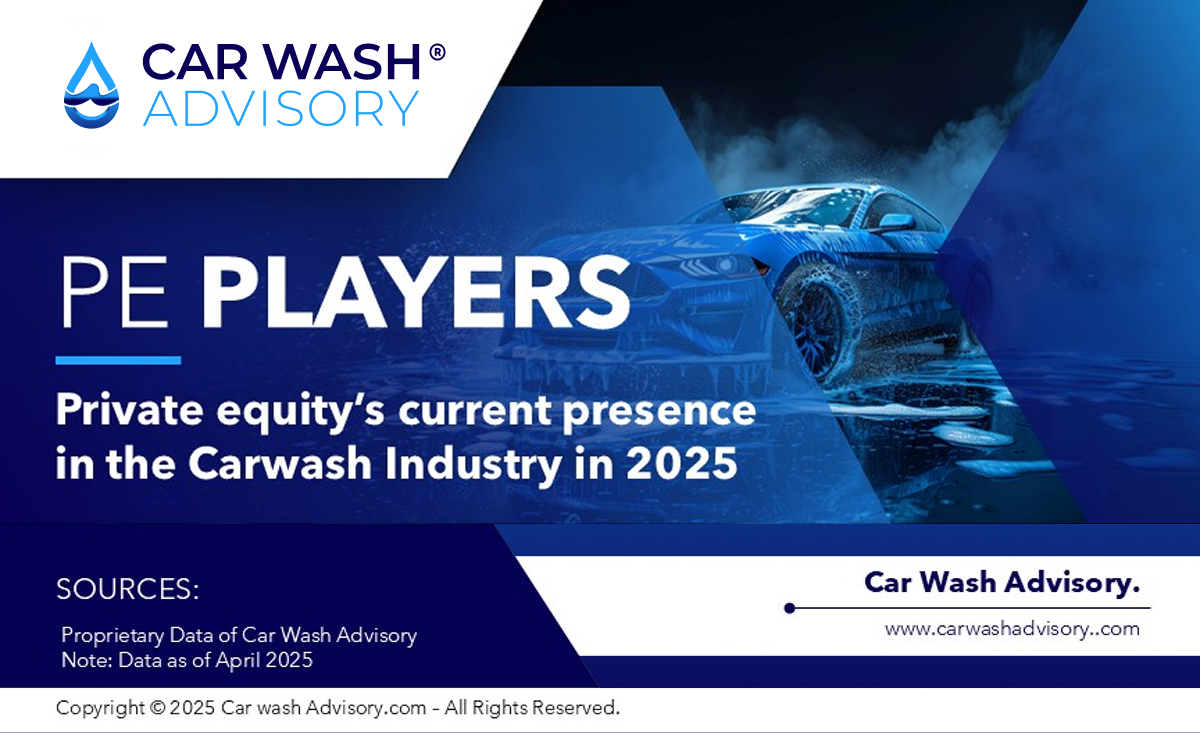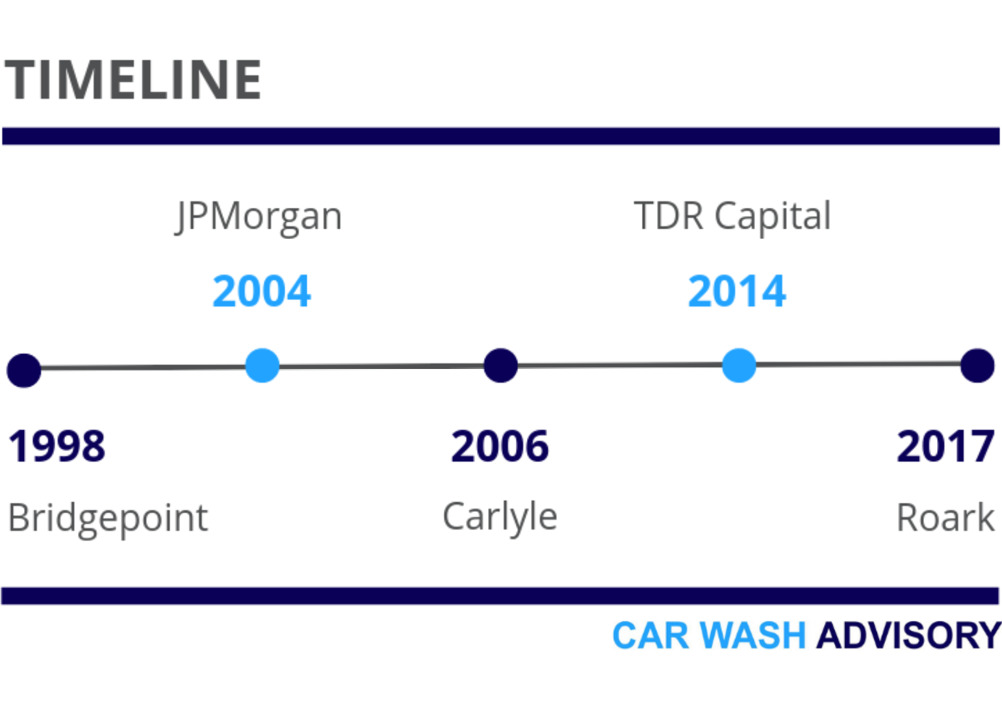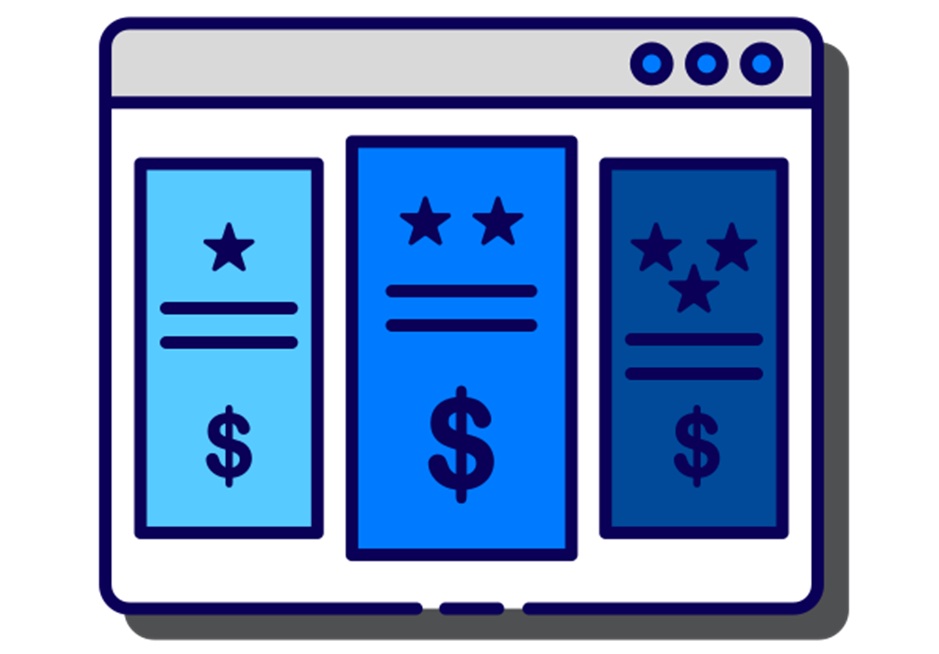Browse By Topic
Featured Resources
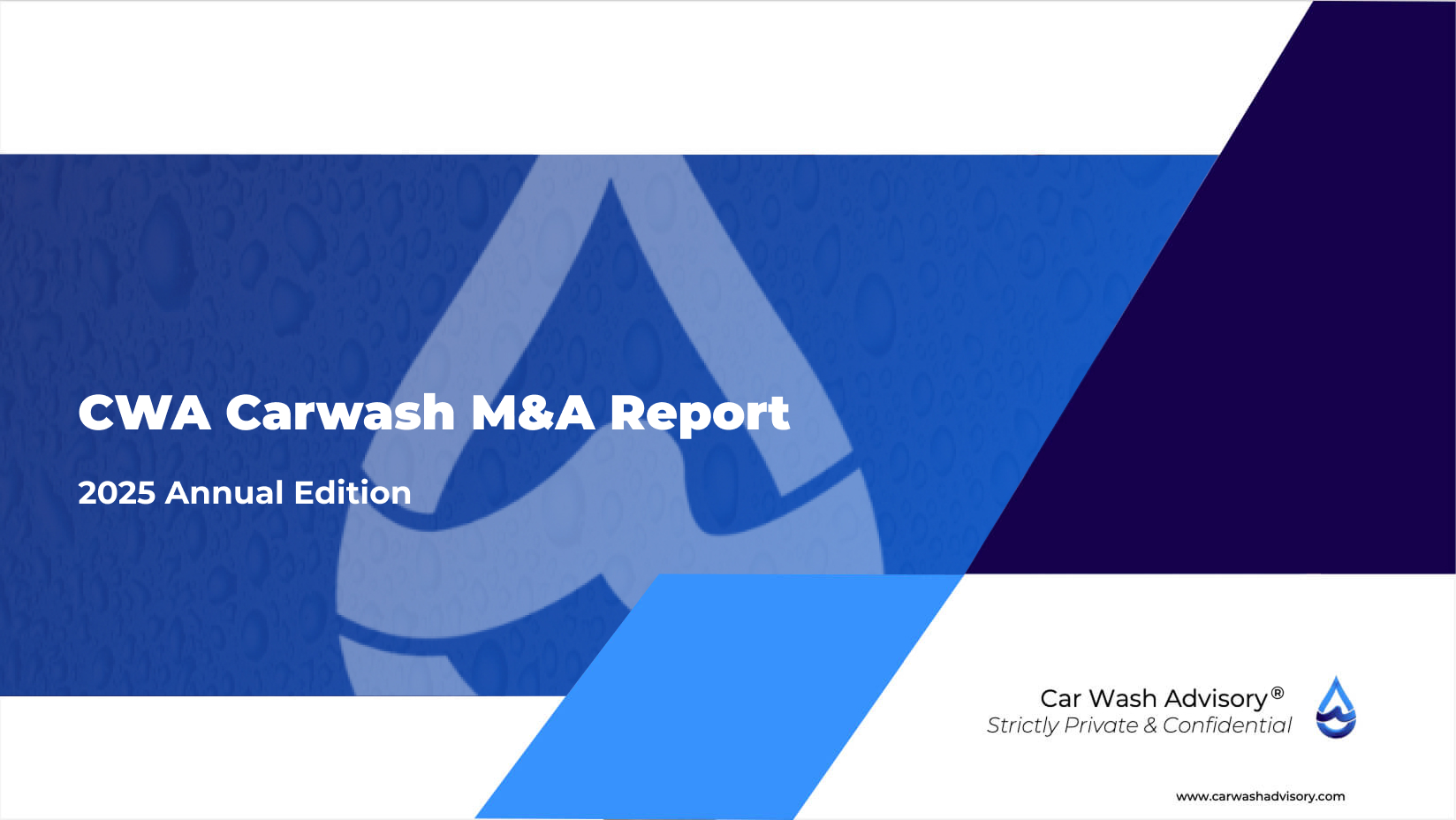
2025 Car Wash M&A Report
Access the 2025 Automotive M&A Report featuring specific oil change vertical insights covering market trends, transaction activity, valuation shifts, and developments shaping the industry.
Read More


Top Car Wash Companies
Top Largest Car Wash Companies. Investigate, Analyze, and Explore the Largest Companies In The Car Wash Industry.
Read More


Largest Car Wash Acquisitions
Investigate, analyze, and explore the largest transactions in the car wash industry. See the trends and learn who bought who with Car Wash Advisory.
Read More

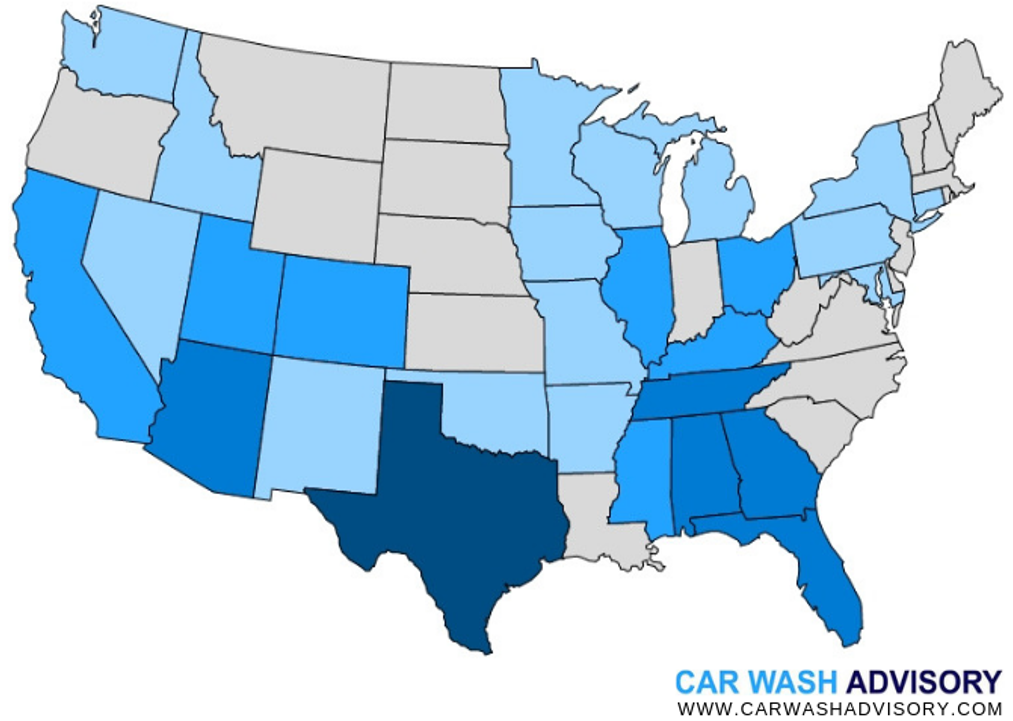
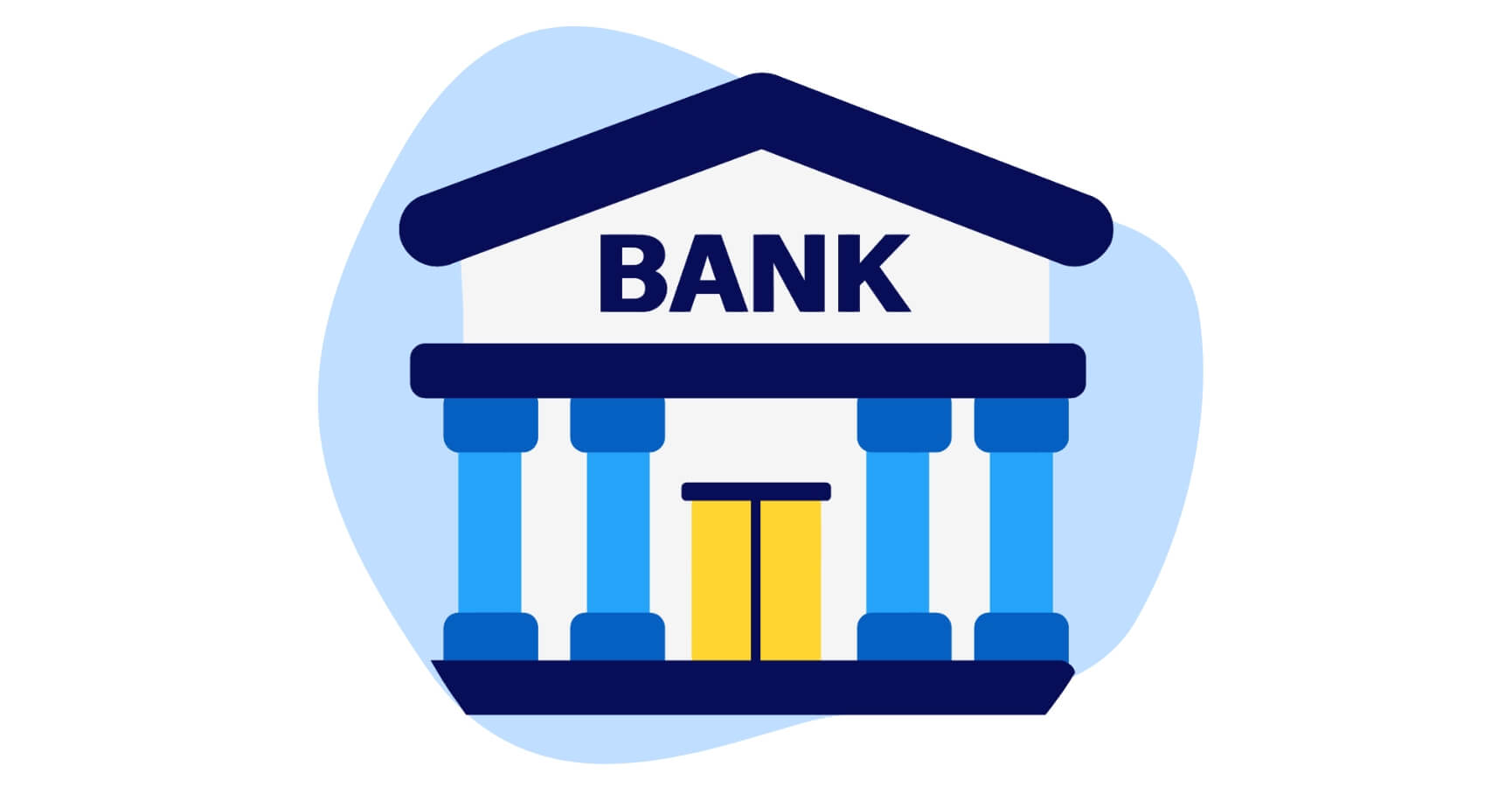


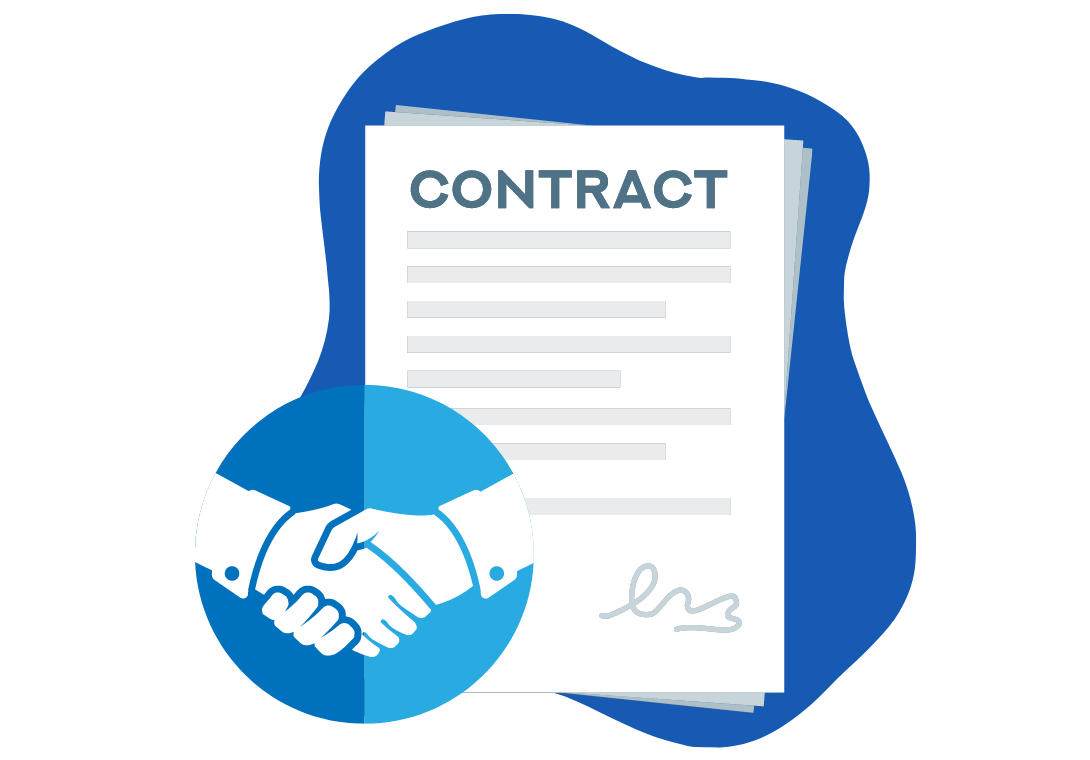
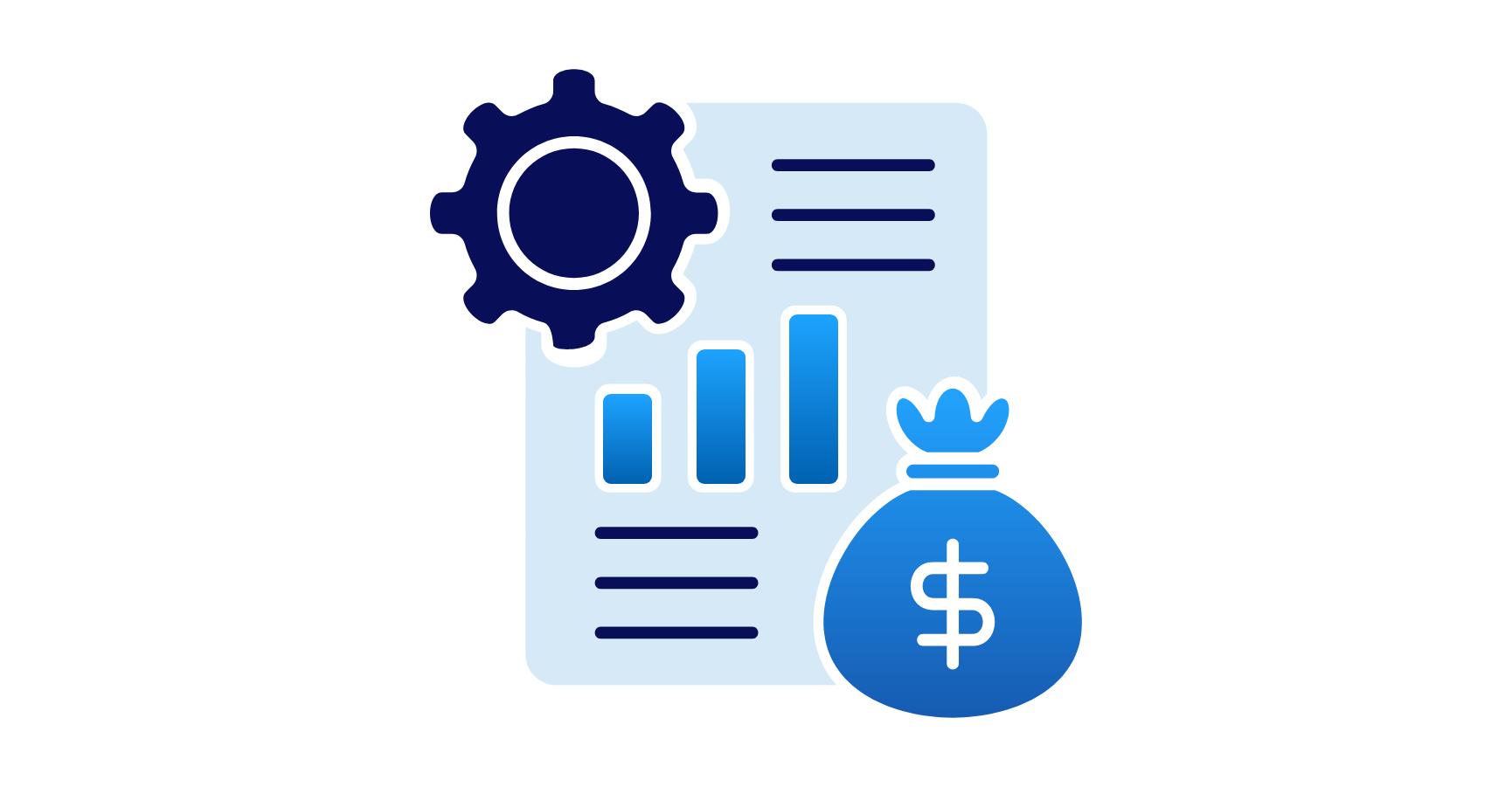
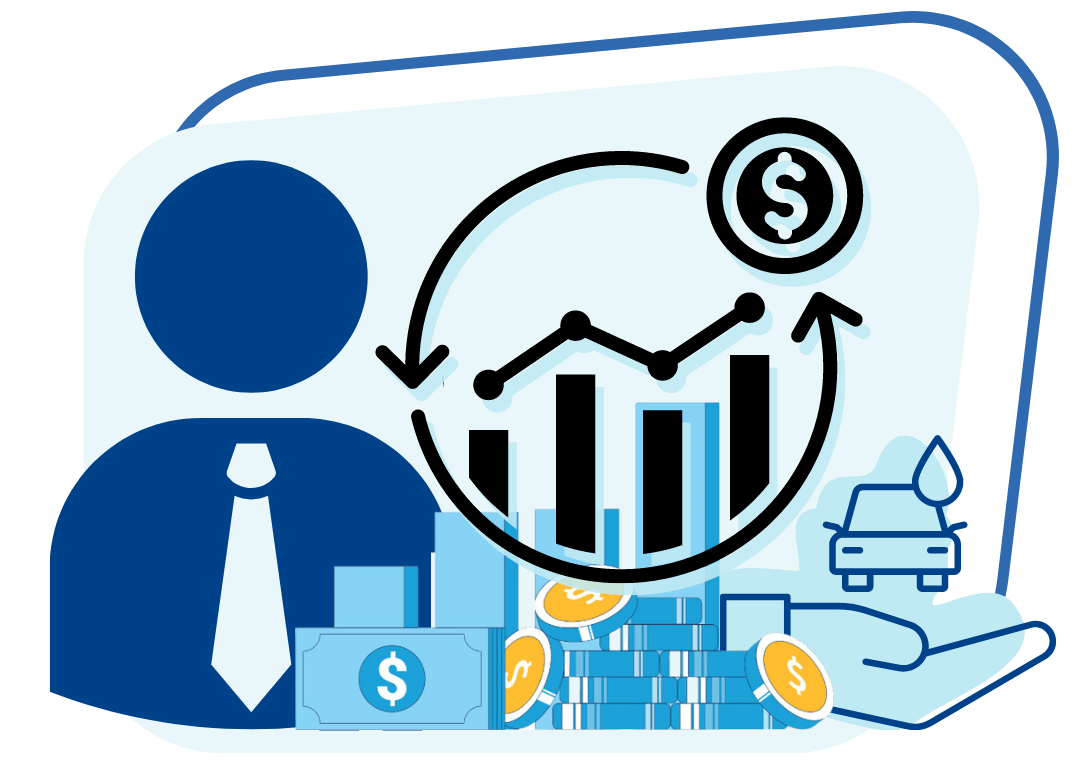
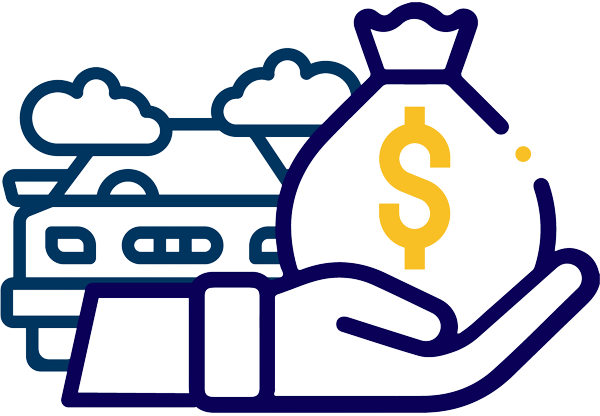
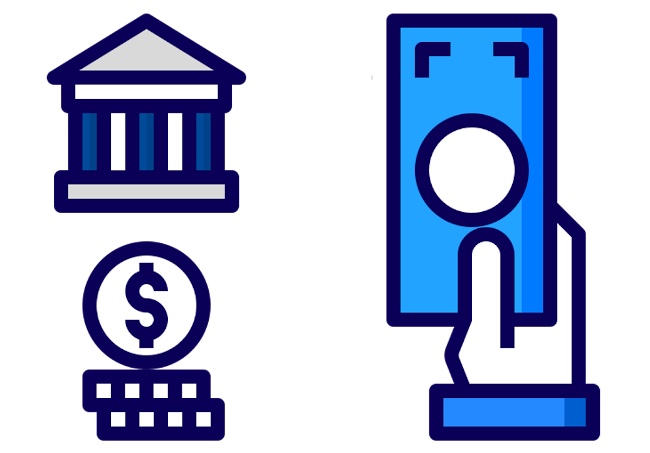
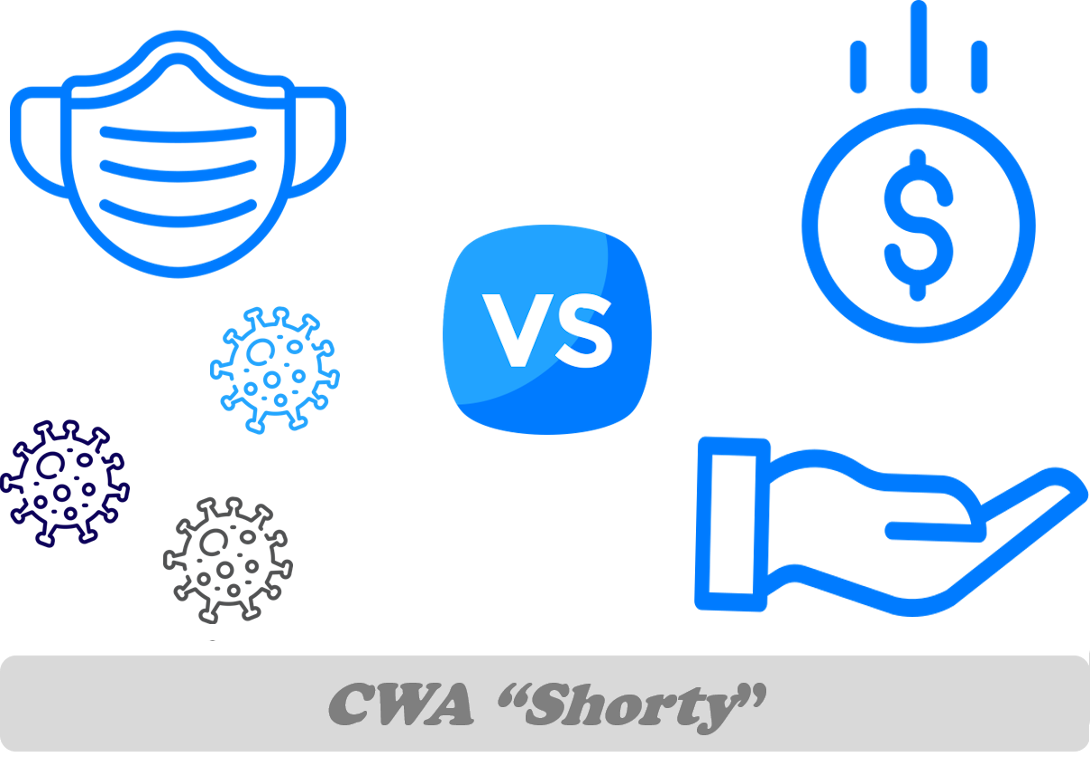

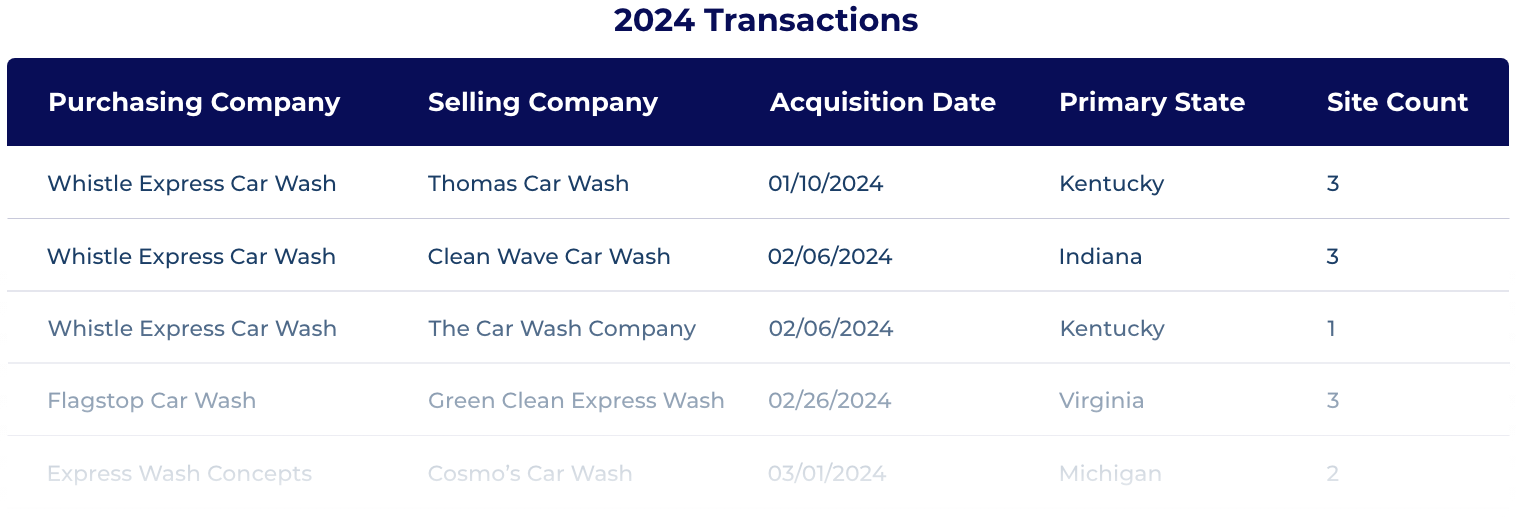
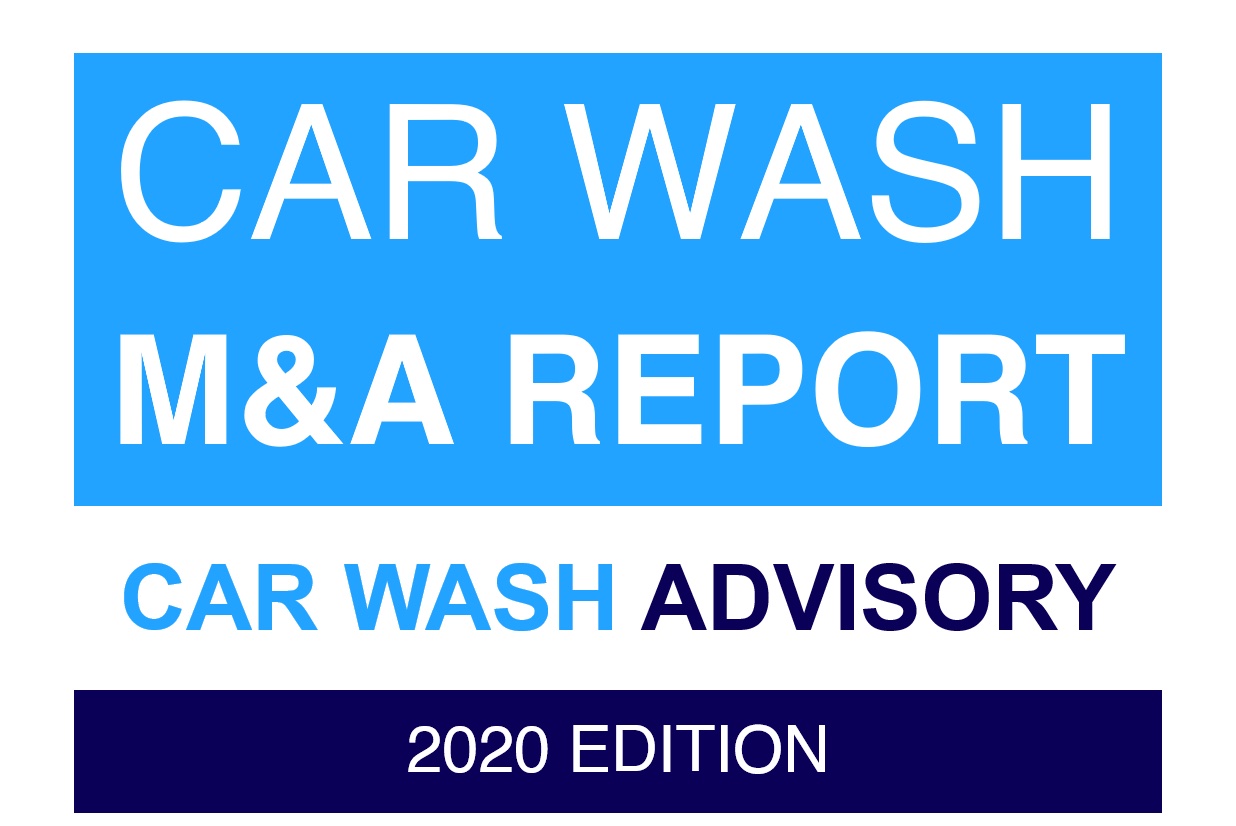
.png)
